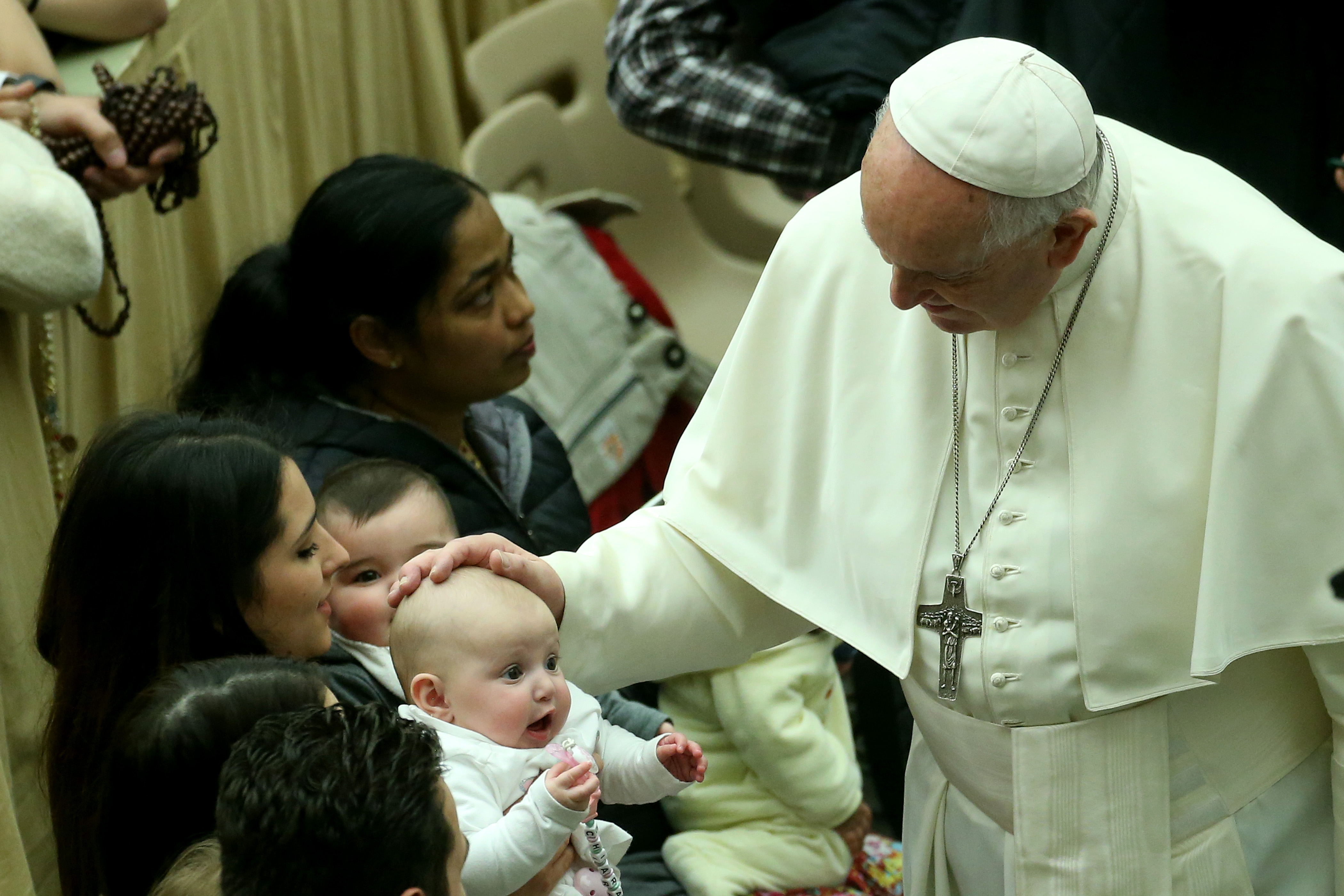Pope Francis’s Passing: Preparing for the Conclave
In the wake of Pope Francis’s death, the College of Cardinals is readying itself for the conclave. With 80% of the electors appointed by Pope Francis, the selection process is poised to be diverse and wide open.
A Church in Transition
The death of Pope Francis marks the loss of a trailblazer — the first Jesuit pontiff, the first from the Global South, and a reformer who reshaped the Church’s leadership structure. Now, the College of Cardinals will gather in the Sistine Chapel to select a successor.
The Voting Cardinals
A total of 135 cardinals will enter the conclave, including 108 appointed by Pope Francis. This election, however, is unprecedented. Despite being appointed by him, these cardinals do not fall neatly into progressive or traditionalist camps.
Pope Francis’s Legacy
In his tenure, Pope Francis broke long-standing traditions, appointing cardinals from often-overlooked regions like Tonga, Papua New Guinea, and South Sudan. Notably, for the first time in history, non-Europeans now make up the majority of voters. This shift opens up the possibility of a pope from Africa, Asia, or the Americas.

Pope Francis blessing a baby during his weekly audience at the Paul VI Hall in Vatican City, on February 12, 2020 | Source: Getty Images
A Church at a Crossroads
The next pontiff will inherit a Church at a crossroads, where his election could define Catholic leadership for generations. Among those traveling to Rome is Mykola Bychok, Australia’s youngest and highest-ranking cardinal.
The Papabile: Top Contenders
Several names are emerging as potential successors. Leading candidates include:
-
Pietro Parolin (Italy, 70): The Vatican’s Secretary of State, known for his diplomatic expertise but criticized for his stance on same-sex marriage.
-
Luis Antonio Gokim Tagle (Philippines, 67): Dubbed the “Asian Francis,” Tagle is a pastoral leader with strong support in Asia.
-
Fridolin Ambongo Besungu (Congo, 65): A cultural conservative with strong influence in Africa.
-
Peter Kodwo Appiah Turkson (Ghana, 76): Known for his energy and engagement with social issues.
-
Péter Erdő (Hungary, 72): A potential compromise candidate respected across Europe and Africa.
-
Reinhard Marx (Germany, 71): A progressive voice, though his past handling of abuse cases may impact his candidacy.
-
Robert Prevost (USA, 69): Seen as a reform-minded leader with connections to both North and Latin America.
-
Robert Sarah (Guinea, 79): A favorite among traditionalists, though his conservative views may limit his appeal.
-
Michael Czerny (Canada, 78): A Jesuit and ally of Francis, but another Jesuit pope is considered unlikely.
-
Marc Ouellet (Canada, 80): Though ineligible to vote due to age, Ouellet’s blend of conservative and modern views keeps him in consideration.
-
Angelo Scola (Italy, 83): His age may limit his chances, but his relationship with Francis remains notable.
What’s at Stake?
The next pope will be chosen based on theology, geography, and personality. Pope Francis’s pastoral theology focused on compassion and inclusion, which has left a lasting impact. As U.S. Cardinal Robert McElroy stated, his greatest contribution may have been his pastoral approach to doctrine.
Challenges Facing the Conclave
Cardinals face significant challenges, including ongoing clergy abuse scandals and the Church’s role in global issues like migration and climate change. Many cardinals will meet for the first time before entering the conclave, making pre-conclave gatherings essential for evaluating candidates.
The Path Ahead
For the conclave to succeed, two-thirds of the cardinals — at least 90 votes — must unite behind a single candidate. The direction of the Church remains uncertain. Will the cardinals continue Pope Francis’s progressive legacy, or will they return to tradition? The identity of the next pope, whether from Asia, Africa, or the Americas, will shape the Church’s future leadership.